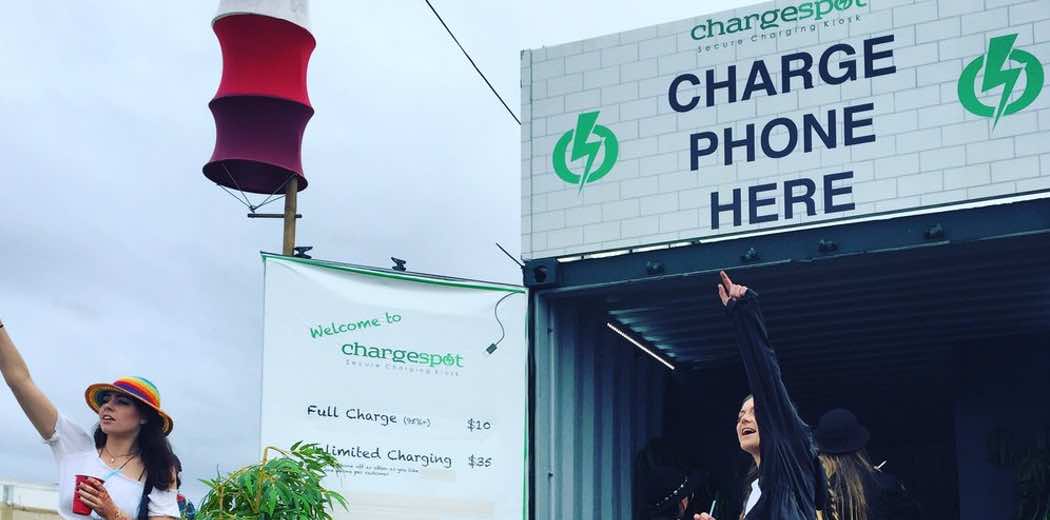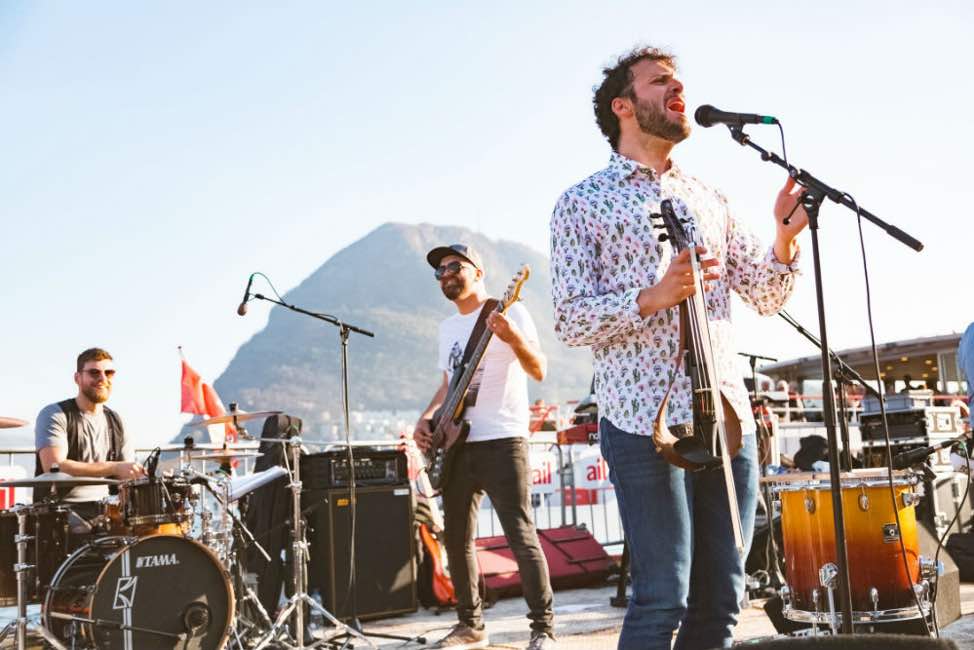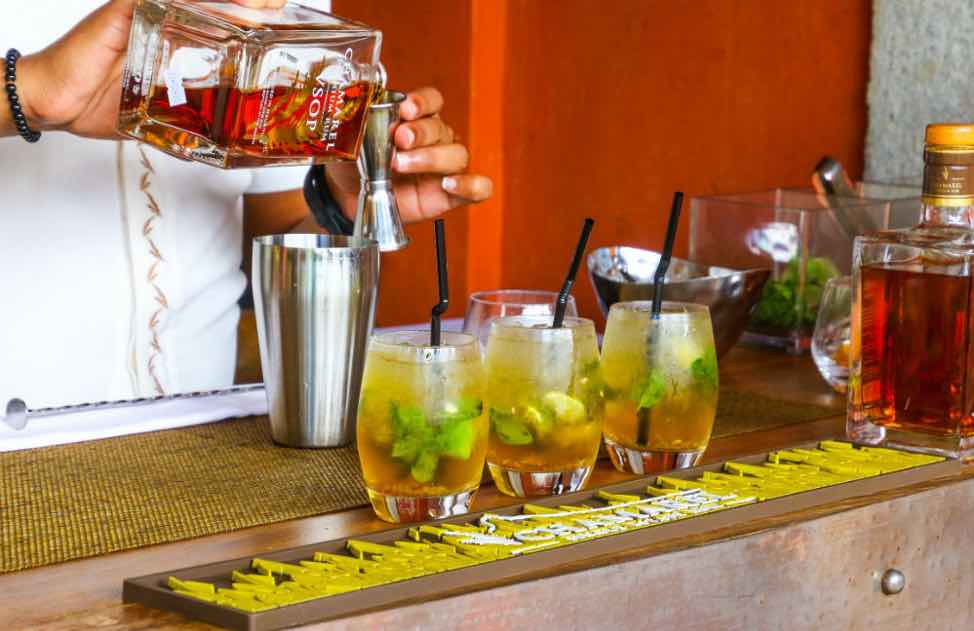If you are planning an event it can often be hectic and challenging attempting to keep on top of everything. This can lead to planners missing out crucial details that can seriously affect the end result. In this article we take a look at six things that event planners often overlook, leading to frustrating issues. Make sure that you remember these issues for your next event.

If you are running an event that requires vehicle access anywhere near pedestrians, then it is essential that you put measures in place to defend people against the possibility of being struck by a moving vehicle. This is something that many event planners forget to factor into their operation, but it can be a crucial aspect of health and safety.
It may be necessary to have fencing or concrete barriers installed to create a barrier between pedestrians and vehicles or equipment.
“Concrete barriers and blocks are a fast and effective way to manage traffic, preventing unauthorized access to your event site and securing unmonitored premises” - Maltaward
It is advisable to discuss the potential options with a health and safety specialist who can provide you with advice and insight into how to best manage the vehicles on your event site.

It can be something that gets overlooked simply because it’s such as obvious necessity in the modern world that we all take it for granted – but it very common to find events that don’t provide access to Wi-Fi. Many event locations are in areas where signal is limited, and while this might be a pain for attendees, it can make the job of managing the event impossible for staff. It is essential that you distribute Wi-Fi passwords and make them easily accessible.
It is also a great idea to offer charging stations around the event. Once again, these may be useful for attendees, but they can be essential for staff who may need to have a working phone charged all day.

Putting on background music at an event might be a little might complicated that you imagine. You might assume that it is fine to play music through a streaming service such as Spotify that you pay for, but actually, this generally is not the case. These services (and even songs that you have purchased through iStore or on CDs) are only licensed for personal use, and when you are playing the music at an event it is considered to be a public performance, which is not covered by a personal use licencs.
In general, you need to purchase a licence to play recorded songs that are owned by someone else. Additionally, if you are having live music played at your event then you’ll need a permit for that. The cost can vary, but if you are discovered to be playing music at an event without an appropriate license you can be heavily fined.
If you are providing catering at your event then you need to ensure that you are putting the correct procedures in place to deal with different dietary preferences, and uphold allergy advice. It can be a good idea to understand the numbers involved beforehand – if you have a booking process for your event, ensure that people have the opportunity to state their allergies issues and dietary preferences. Doing so can help you to manage food and drink effectively.

This one has meant that many events have come unstuck and had to turn away visitors – in some cases paying customers. Do you know the capacity of your event venue? It may well be the case that you don’t assume that you will reach the capacity, but nevertheless, it is important to limit ticket sales so that you cannot go overcapacity, as this breaches health and safety laws.
Also, remember that if your event is spread across the whole day, there will be peak times. You need to ensure that your venue has the capacity to deal with these peaks.

This is something that it is important to sort out sooner rather than later. If you want to serve alcohol at your event then it is vital that you should get an alcohol license, which can take some time to get approved. You might have some unhappy visitors if they turn up at your event expecting to drink, and finds that alcohol is prohibited.
Author Bio
Dakota Murphey has over 10 years of experience in marketing and events
management. She enjoys sharing her knowledge and experience through her
writing and connecting with other like-minded professionals. Find out what
else Dakota has been up to on Twitter:
@Dakota_Murphey.